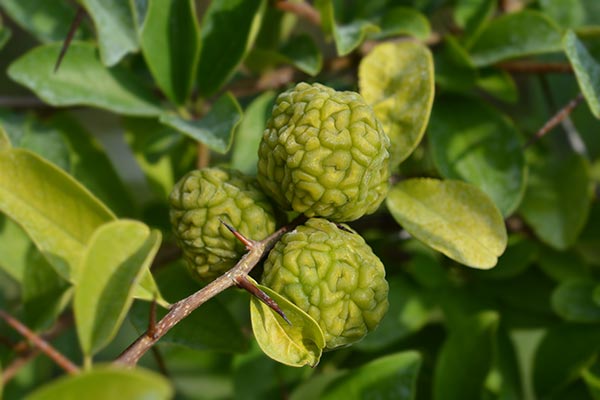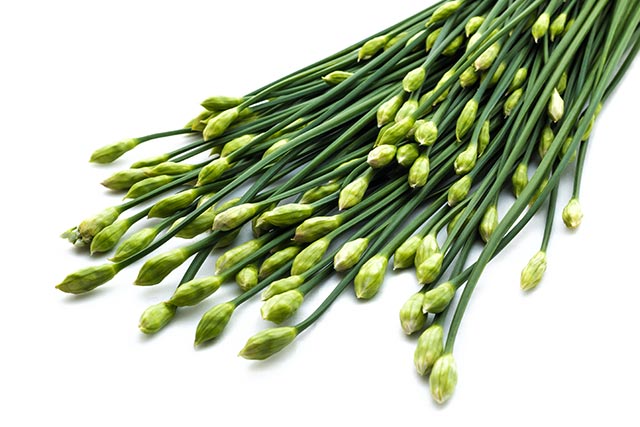Aztec marigolds are vibrant flowers that can protect against inflammation
02/20/2020 / By Evangelyn Rodriguez

Tagetes erecta, commonly known as Mexican or Aztec marigold, is a flowering plant with medicinal and culinary uses. Considered a natural remedy for digestive problems in traditional medicine, Aztec marigold extracts are used today to add color and flavor to foods, such as dairy products, beverages and confectioneries. But a recent study by researchers from the University of the Itajai Valley in Brazil found that those are not the only things this plant is good for.
Published in the journal Nutrition Research, the study shows how the dry hydroalcoholic extract of Aztec marigold, which contains large amounts of the antioxidant lutein, can stop the production of pro-inflammatory molecules and decrease the severity of ulcerative colitis.
Extract from Aztec marigold has anti-inflammatory properties
Oxidative stress, defined as a disturbance in the balance between the production of free radicals (i.e., reactive oxygen species [ROS]) and the body’s antioxidant defenses, has long been known to trigger inflammation. Research suggests that this disturbance also plays a role in the etiology of ulcerative colitis (UC), an inflammatory bowel disease that causes ulcers in the digestive tract.
Given this relationship and the findings of previous studies, which show that the dry hydroalcoholic extract of T. erecta flowers (DHETE) are rich in lutein, the researchers decided to investigate its anti-inflammatory effects against UC. They quantified the amount of lutein in DHETE and measured its total phenolic content. They also evaluated DHETE’s radical scavenger capability, cytotoxicity and impact on ROS and nitric oxide (NO) production in vitro.
To examine its effects in vivo, the researchers administered DHETE to mice with dextran sulfate sodium (DSS)-induced UC once a day for seven?days. They took note of how the treatment affected colon length and weight, disease activity index, body weight loss, histological score, mucin levels and biochemical parameters.
The researchers reported that the lutein concentration in DHETE was 8.2 percent. The extract showed good free radical-scavenging potential. While DHETE did not affect the viability of intestinal epithelial cells upon exposure, it reduced ROS and NO production after lipopolysaccharide stimulation.
In vivo, DHETE (300?mg/kg) reduced weight loss, disease activity index, colon shortening and the histopathological changes induced by DSS. DHETE also increased mucin colonic staining and decreased myeloperoxidase antimicrobial activity, suggesting normalization in the intestines. Additionally, DHETE reduced the levels of tumor necrosis factor and interleukin-6, two pro-inflammatory molecules.
Based on these findings, the researchers concluded that the dry hydroalcoholic extract of T. erecta flowers can improve the endogenous antioxidant defense of mice with UC and reduce UC severity by decreasing inflammatory cytokine secretion.
The many applications of Aztec marigold
Aztec marigold is native to Mexico and Central America. It is an annual, aromatic plant that is widely cultivated as an ornamental. Besides having fragrant and showy blooms that are either white, yellow or orange in color, Aztec marigold is a garden favorite because it is an effective insect repellent.
In the food industry, the yellow dye extracted from Aztec marigold is often used as a saffron substitute. In fact, two food colorants, namely, marigold meal and marigold extract, come from this plant. The former is mixed in poultry feed to enhance the color of the meat and egg yolks, while the latter is added (mainly in western Europe) to salad dressings, bakery products, jams and other food products to give them a yellow or orange color. The leaves of Aztec marigold are also used as a condiment.
Besides food, Aztec marigold is also used to dye wool or silk. Dyes made from its flowers can produce shades of golden-yellow, orange, olive green and bronze. Meanwhile, the essential oil of Aztec marigold is used in perfumes to impart floral or apple notes. (Related: Mexican marigold essential oil holds potential as powerful natural herbicide.)
Traditionally, Aztec marigold is used as a sedative, diuretic and anthelmintic (expels parasites). It is also an alternative treatment for indigestion, constipation, colic and dysentery (intestinal inflammation). Topical medicines made with Aztec marigold are used for eczema, sores, ulcers, boils and carbuncles. They can also be applied to relieve rheumatism. Meanwhile, decoctions made from Aztec marigold flowers are good for colds, mumps, skin diseases and conjunctivitis.
Sources include:
Tagged Under: alternative medicine, anti-inflammatory, antioxidants, Aztec marigold, gut health, herbal medicine, Herbs, inflammation, natural cures, natural medicine, phytonutrients, remedies, research, ulcerative colitis
RECENT NEWS & ARTICLES
PlantMedicine.News is a fact-based public education website published by Plant Medicine News Features, LLC.
All content copyright © 2018 by Plant Medicine News Features, LLC.
Contact Us with Tips or Corrections
All trademarks, registered trademarks and servicemarks mentioned on this site are the property of their respective owners.


















